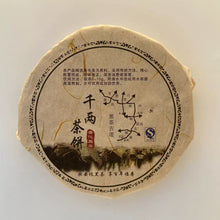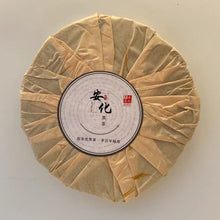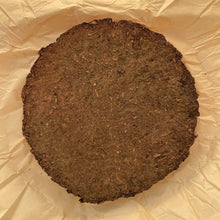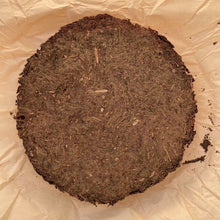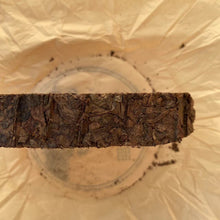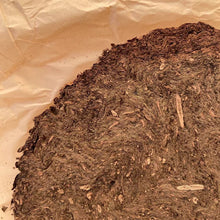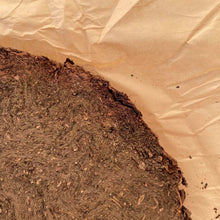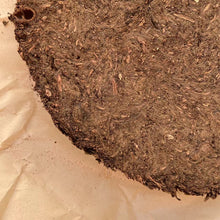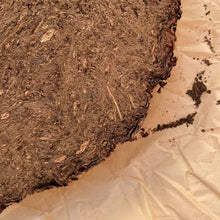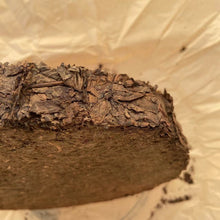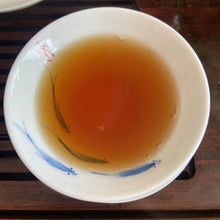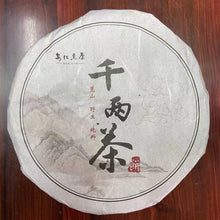
Video:
1), Here
2), Brewing it.
"Qian Liang Cha," written in Chinese as "千两茶," translates to a tea pillar with a significant weight of approximately 36-37kg, equivalent to around 1000 Liang in ancient Chinese measurement units. This type of dark tea is uniquely compressed into a pillar-like shape, with an approximate length of 166.5cm and a diameter of 56cm. The processing method for this tea is notably distinct and requires a detailed article to fully explain its intricacies.
The specific cake being described here has a net weight of around 700g. It is a portion sawed from the original massive pillar and is then repackaged in a cotton wrapper for preservation and ease of use.
This cake is characterized by its tight and heavy composition, with a rough surface on the round side, indicative of its traditional and natural compression method.
Flavor-wise, the tea offers a pine smoky essence blended seamlessly with the classic tea flavor, creating a unique and enjoyable tasting experience.
The taste of this tea is smooth and natural, reflecting the quality of the tea leaves and the traditional methods used in its production and aging process.
Brewing Method:
-
Begin by measuring out 7-15 grams of dry tea leaves. Place these leaves into boiling water and allow them to brew for 3-5 minutes. After brewing, separate the tea water from the tea leaves to enjoy your drink. Alternatively, for a different taste experience, you can add some milk and a little salt to the tea. The recommended ratio for this variation is 5 parts water to 1 part milk.
-
Another method to brew this tea is by using the Gongfu tea method, which is particularly suited for steeping ripe (shou / shu) puerh tea. This method involves a more ceremonial approach to brewing, allowing for a deeper appreciation of the tea's flavors and aromas through multiple, short steeps. This technique is ideal for fully experiencing the depth and complexity of the tea.












